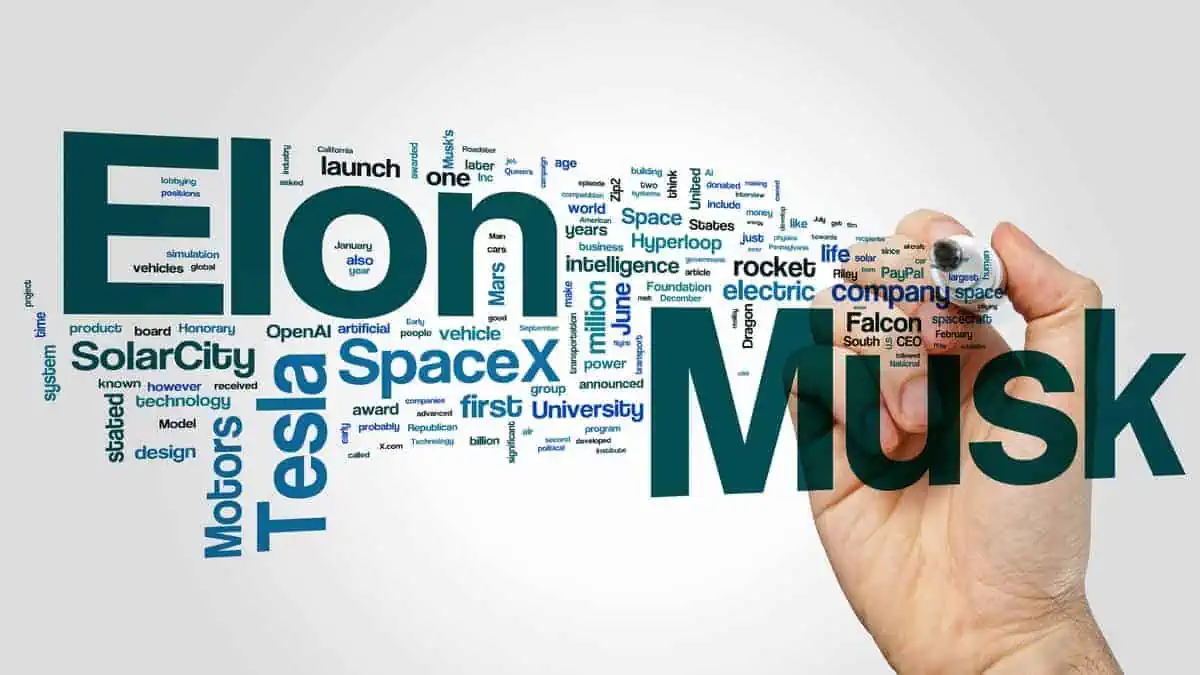Elon Musk-led Neuralink has received positive feedback from its first human trial patient, Noland Arbaugh.
However, a recent update from the brain-computer interface startup disclosed an alarming complication for the patient after surgery. Fortunately, Neuralink’s scientists were able to solve the issue.
“Luxury overload”
Mr. Noland Arbaugh is suffering from quadriplegia, a “dysfunction or loss of motor and sensory function in the cervical area of the spinal cord.” This condition commonly leads to the impairment of all four limbs.
After the first 100 days since the surgery, Mr. Arbaugh has shared notable progress and experience in Neuralink’s PRIME Study.
In hindsight, Mr. Arbaugh only relied on a tablet stylus to interact with digital devices before the surgery. His caregiver would put the stylus into his mouth, requiring him to sit upright to use a tablet via the “mouth stick.” However, this approach apparently caused discomfort, pressure sores, and muscle fatigue. Moreover, using the mouth stick also reportedly adversely affected the patient’s speech.
“The biggest thing with comfort is that I can lie in my bed and use [the Link]. Any other assistive technology had to have someone else help or have me sit up. Sitting causes stress mentally and on my body, which would give me pressure sores or spasms. It lets me live on my own time, not needing to have someone adjust me, etc., throughout the day.”
Mr. Noland Arbaugh
The brain chip implant enables Mr. Arbaugh to experience many things that were hard or even impossible since his accident, from playing games on the Nintendo Switch to doing live streams.
Instead of using the mouth stick, he has now reconnected with the world by simply controlling the cursor on the MacBook through his mind.
“Y’all are giving me too much; it’s like a luxury overload, I haven’t been able to do these things in 8 years, and now I don’t know where to even start allocating my attention.”
Mr. Noland Arbaugh
Post-surgery complications
According to an update Neuralink released on Wednesday, part of the brain chip implant malfunctioned shortly following the surgery.
Although the company said that the implantation went “extremely well,” a number of threads retracted from Mr. Arbaugh’s brain. As a result, the chip yielded fewer effective electrodes crucial for recording brain activity.
The complication affected the company’s ability to monitor the speed and accuracy of the brain chip. For context, the implant contains 1,024 electrodes through 64 threads. These components are “key to minimize damage during implantation and beyond.”
Neuralink omitted to share the number of retracted threads from the patient’s brain and the reason why it happened. Fortunately, its team of scientists managed to employ several changes to offset the potential adverse effects.
About the PRIME Study
Neuralink secured clearance from the US Food and Drug Administration in 2023 to start its first implant trial on humans. In September 2023, the company gained the permit to recruit interested participants for the trial of paralysis patients.
Neuralink’s Clinical Trial “Prime Study” achieved its first brain chip implant in a human participant on January 28.
Its first product is named “Telepathy,” as the American billionaire shared on X.
At the time, Founder Elon Musk announced that the subject’s response to the brain chip showed “promising neuron spike detection.” For context, spikes refer to neurons’ activity that transmits messages around the brain and to the human body through electrical and chemical signals.
Now that the first 100 days since the survey have passed, the Prime Study’s results seem excellent so far for the first trial patient. It would be interesting to see how the brain chip would further improve Arbaugh’s quality of life in the coming months.






